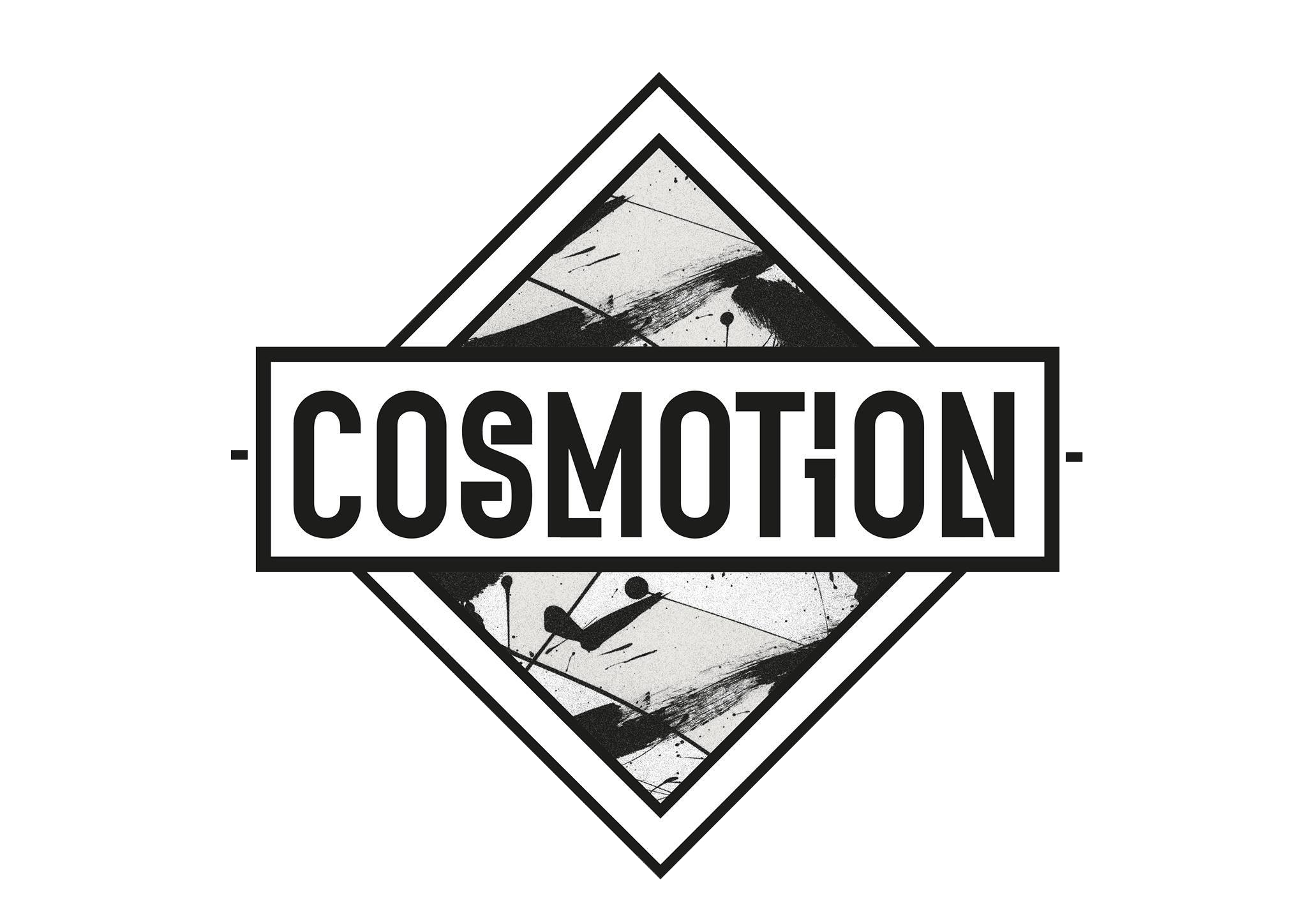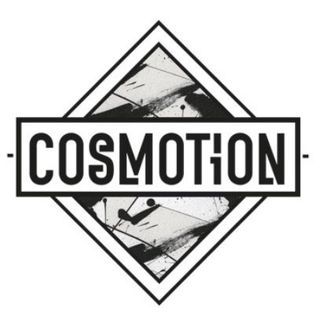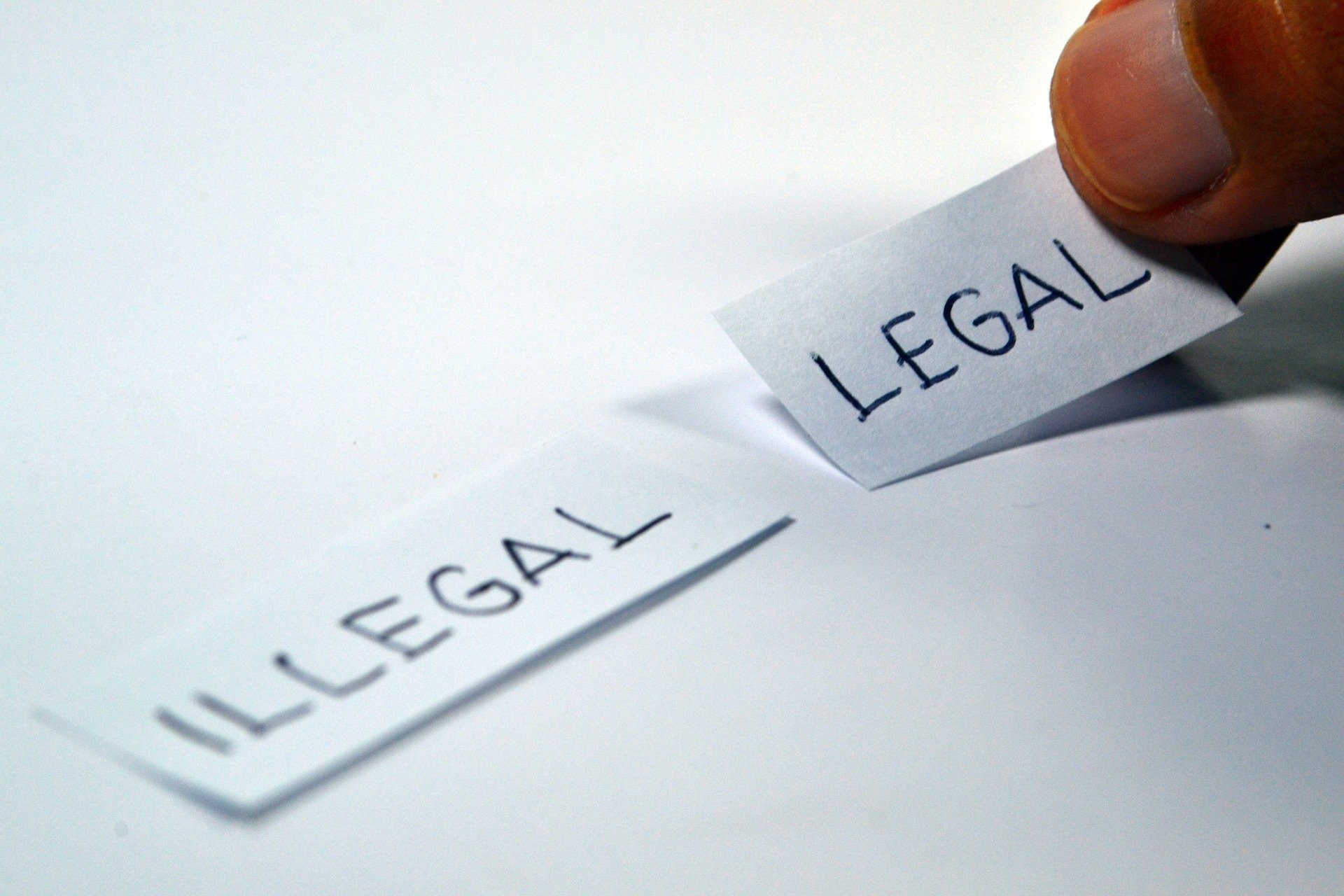What are the laws about street marketing ?
Although flashy and formidable in efficiency, street marketing and the question of its legality is legitimate. Collage, use of street infrastructure, stencils, what are the rules to follow and above all what are the risks in the event of neglect of these? We try to answer all your questions.
To the question of whether all street marketing actions are always legal, the answer is: legal, yes but always, no! Street marketing is a promotional practice that brings together different and varied disciplines. Everything ranging from simple collage of posters to the covering of an entire section of wall through the projection of light beams; all these practices make use of public spaces and therefore logically require authorizations. If they are not respected they will, just as logically, be subject to fines. These will be different given the nature of the offenses and the potential damage caused by the marketing action.
The practice of street marketing is considered part of peddling practices. In Article 18 of the law of July 29, 1881 in France, it is stipulated that “Anyone who wishes to exercise the profession of peddler or distributor on the public highway or in any other public or private place, of books, writings, brochures, newspapers, drawings, engravings, lithographs and photographs, will be required to make a declaration to the prefecture of the department where he is domiciled”. Requests concerning these marketing practices on public roads will therefore be handled by the various competent authorities of the cities or countries concerned.
Several aspects of rights then come into play: criminal and civil law, competition law, commercial law or even consumer protection law.

But then why do we see violations of the law in some street marketing campaigns? The answer is quite obvious. The reasons for using this marketing practice vary depending on the company or organization that uses it. A brand with a high reputation has no interest in sticking up posters in a wild (and therefore illegal) way, unlike an association wishing to make claims.
Also, in many cases, the cost of the fine is lower than the cost of the authorization allowing this marketing practice generating a huge gain in visibility. So is the game worth the gamble?





Laisser un commentaire